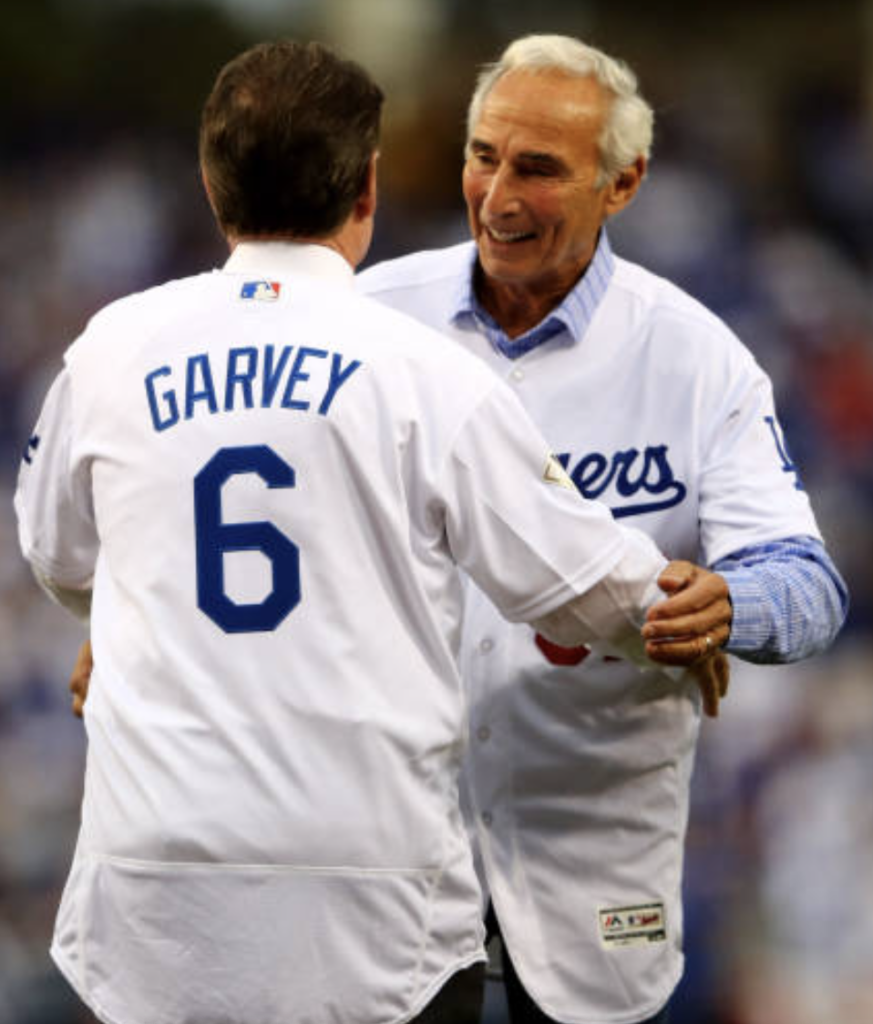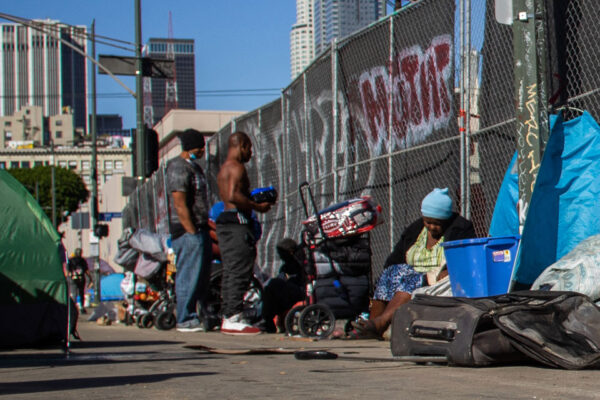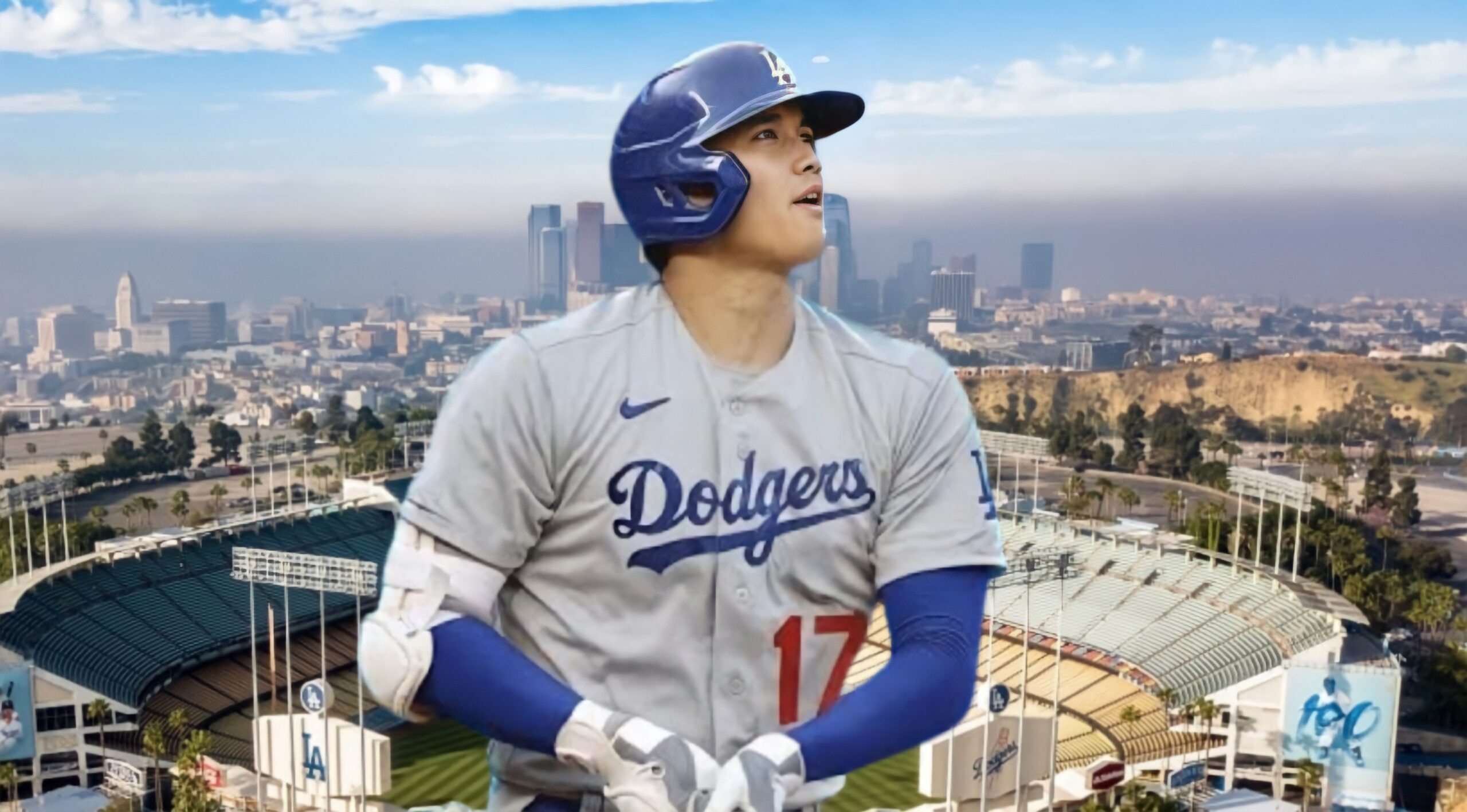Former Dodger and Padres all-star Steve Garvey is the major surprise of the California U.S. Senate race, apparently having overtaken a crowded field except frontrunner Adam Schiff — and who’s to say what will happen come November.
By TONY CASTRO
When baseball great Steve Garvey made his first National League All-Star team, he did it the most difficult way possible. He and his wife at that time launched a write-in campaign, and baseball fans responded by electing him to the All-Star team.
Today, Garvey is trying to become the next U.S. senator from California, and he is going about it the most difficult wayn he can — as a Republican in the Bluest State in America.
But don’t count him out. He has gone from being a political neophyte to a surprising third place in the most recent UC Berkeley, and he may actually be running second, within striking distance of current frontrunner, Rep. Adam Schiff, according to another major poll.
In the UC Berkeley poll, Garvey is at 13%, trailing political Democratic veterans Schiff, who is leading with 21% and only four points behind Democrat Katie Porter, a US House member from Orange County.
Unless one candidate receives more than 50 percent of the March 5 California Primary vote, which appears unlikely, the top two finishers advance to a head-to-head showdown in November.

And Porter, at least, is panicking because of her razor thin lead over Garvey in the UC Berkeley poll and the Mercury News reporting that Garvey is really in second place in the race
Porter showed her hand in her most recent mailer, expressing fear that Garvey had overtaken her.
“A celebrity Republican is gaining traction in the polls, and he could advance to second place and keep us from qualifying for the general election,” Porter’s campaign said in a fundraising pitch in a Politico/Morning Consult poll in late December.
That poll found that while Schiff was the clear frontrunner at 28% of likely voters, Garvey had claimed second place at 19%, followed closely by Porter and a black African American congresswoman, Barbara Lee.
Clearly, Garvey’s fame is advantageous, and who is to say that what worked in electing movie star Arnold Schwarzenegger governor in 2003 won’t also make the former Los Angeles Dodgers All-Star California’s first Republican Senator elected since 1988.
Garvey retired the previous year, but he remains what are the most well-known public figures in the state, helped by the fact that he played part of his career with the San Diego Padres — meaning he has a built-in popularity and following in the two largest voter-rich metropolitan areas in the state.
“He was popular with fans, cultivating an image as an ‘All-American boy who didn’t smoke, drink, or use drugs,” recalled Peter Dreier, author of the book Baseball Rebels: The Players, People, and Social Movements That Shook Up the Game and Changed America. “He was good-looking, polite, and always available to reporters, who returned the favor with positive coverage.”
And although his baseball heroics were often the ruin of San Francisco Giants fans hopes, he tells the story of an incident early last year that gave him hope and may possibly have helped him decide to jump into the race.
“A Giants fan came up to me,” he recalled, “and said, ‘Garvey, I hate the Dodgers, but I’ll vote for you.’”
With the Dodgers, Garvey was an eight-time All Star and won the 1975 National League Most Valuable Player award. He played in four World Series with the Dodgers, finally winning one in 1981. He played for the Padres from 1983 until 1987, making two more NL All Star teams and playing in the 1984 World Series.
Today, he remains better known than most politicians in the state. Yes, he is running as a Republican, but he has been quick to play down political labels.
“I’m a moderate conservative,” he says anytime the subject comes up. “I never took the field for Democrats or Republicans or independents. I took the field for all the fans and I’m running for all the people, and my opponents can’t say that.”
According to the Politico/Morning Consult poll Garvey’s name recognition in California is significantly higher than that of the current U.S. Senator, Laphonza Butler. In the poll, just 22 percent of Californians said they did not recognize Garvey’s name, while 37 percent said the same about Butler.
In a Survey USA poll conducted for the Center for Election Science and released in mid-December, Garvey was running second, seven percentage points behind Schiff, who gained notoriety as one of Donald Trump’s most caustic congressional critics.
“People are stressed, and they’ve been looking for a voice,” Garvey said in an interview. “And I think that’s one of the reasons things are coming together, and we’re building momentum.”
Schiff has accepted Garvey’s political rise as something of a gift because it would put him in the general election against the Republican, where he have a distinct advantage, because of California’s heavily Democratic leaning.
Of California’s 22 million registered voters, 49 percent are registered Democrats, 24 percent are registered Republicans, and 22.5 percent are of “No Party Preference,” according to a recent report by the Secretary of State.
“There is a real possibility that Republican Steve Garvey could finish in the top two … and advance to the General Election,” Schiff’s campaign wrote in a recent fundraising email. “If that happens, Adam is the best candidate to beat him.”
But Schiff conceivably could have problems with Garvey on two fronts.
Although he has already begun trying to align Garvey with former President Donald Trump, the former Dodger has been noncommittal about his position on Trump.
Secondly, there is Garvey’s popularity.
Garvey’s fame, especially among fans of baseball in the 1970s and 80s, comes with strong name recognition. That has freed his campaign to focus on courting donors and appear on friendly TV and radio shows. He’s expected to release fundraising figures at the end of January, following the quarterly reporting deadline.
“It’s extremely expensive to establish name ID in a statewide race in California — up to $10 million if you are unknown to voters in order to start being heard,” Ray McNally, a longtime Republican consultant in California recently noted. “Garvey doesn’t have to do that — because of his celebrity he’s also going to receive a ton of free media.”
And as Lanhee Chen, a Republican political consultant and former candidate for California controller, put it:
“Look, I think people want to win. Whether you’re a Trump supporter or not, winning is an important thing for Republicans who have not won in a while.”






s9cmcw
rbGtHvanwZE
сумка на колесах
https://www.dorozhnye-sumki-kolesa.ru
QDjcadNImup
MSByTpjH
Greetings
I have just took an in depth look on your lamonthly.org for the current search visibility and saw that your website could use a push.
We will enhance your ranks organically and safely, using only state of the art AI and whitehat methods, while providing monthly reports and outstanding support.
More info:
https://www.digital-x-press.com/unbeatable-seo/
Regards
Mike Donaldson
Digital X SEO Experts
WSBtJFTCgpb
976nt5
mbp5ug